
Indian Refiners Seek Alternatives To Russian Oil After Trump Tariff Threat
Indian oil refiners have started looking for alternative supplies of crude after President Trump threatened secondary sanctions on Russian energy exports if Moscow refuses to sign a ceasefire deal for the Ukraine.
Bloomberg reported that companies such as Bharat Petroleum Corp. and Hindustan Petroleum Corp. were looking for oil cargoes from the Middle East, the North Sea, and the Mediterranean for May delivery in anticipation of tariff action.
India has emerged as one of the biggest buyers of Russian crude since the start of the war in Ukraine, with grades including Urals accounting for almost 40% of the nation’s imports last year. Refiners have enjoyed elevated profits due to the cheaper supplies, although that advantage has waned in recent months. China has also purchased bigger volumes since the invasion.
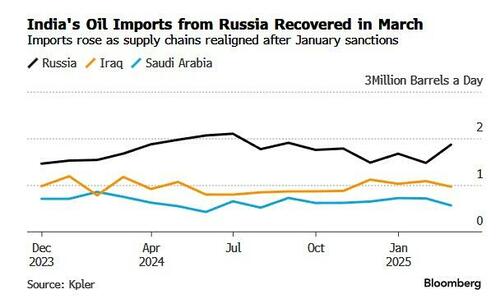
President Trump threatened a 25% tariff on all Russian oil, saying “If Russia and I are unable to make a deal on stopping the bloodshed in Ukraine, and if I think it was Russia’s fault — which it might not be — but if I think it was Russia’s fault, I am going to put secondary tariffs on oil, on all oil coming out of Russia,” in an interview for NBC.
“That would be that if you buy oil from Russia, you can’t do business in the United States. There will be a 25% tariff on all oil, a 25- to 50-point tariff on all oil,” Trump elaborated.
The mechanism would be the same as the one Trump applied to Venezuela, slapping a 25% tariff on all imports from countries that continue buying crude from the South American nation.
Since the US is India’s top trading partner, under a scenario of “secondary tariffs” for buyers of Russian oil, it’s likely that the South Asian nation would look for alternative supplies, said Warren Patterson, the head of commodities strategy for ING Groep NV in Singapore.
“Traditional sanctions have created enough uncertainty,” he said. “The idea of secondary tariffs only intensifies this uncertainty, given that it is a new tool. Buyers need to decide whether the advantages of picking up discounted crude outweigh the potential hit on its economy from additional tariffs.”
“The big question is, will these repeated shocks end up structurally reducing Indian appetite for Russian crude? I have my doubts, as long as the economics works,” said Vandana Hari, founder of Vanda Insights in Singapore. “It’s a bluff, a bargaining ploy on the part of Trump. But refiners need to prepare, they can’t rely on hunches, no matter how bizarre and unlikely a supply threat.”
Such a tariff would be a considerable problem for India, whose dependence on imported crude hit an all-time high in the latest fiscal year. India imported 88.2% of the crude it consumed in the April 2024-February 2025 period, according to oil ministry data released at the end of last month. This is up from 87.7% for the previous fiscal year.
Due to this dependence, India is particularly price-sensitive, which is why it stepped up its purchases of Russian oil following the barrage of Western sanctions directed at Russia’s energy industry. Russia is currently India’s biggest single oil supplier.
Tyler Durden
Tue, 04/01/2025 – 20:30

 4 miesięcy temu
4 miesięcy temu


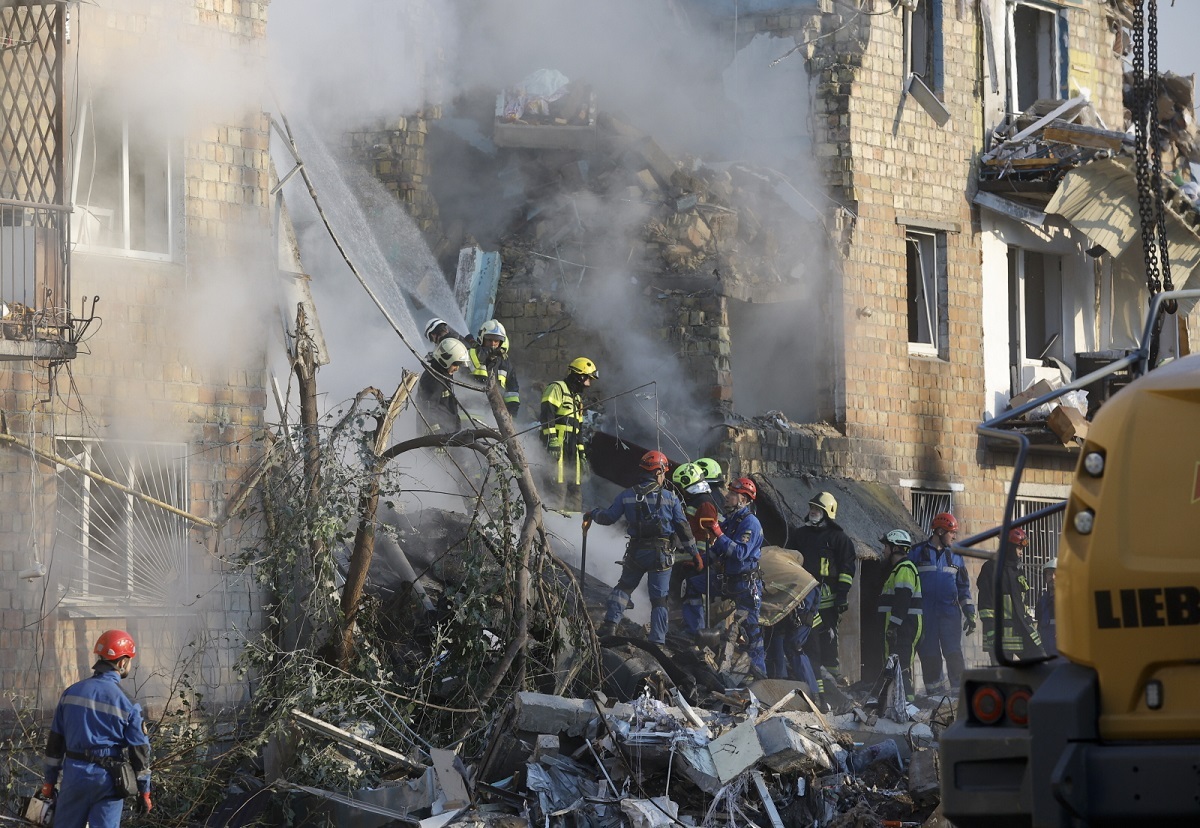
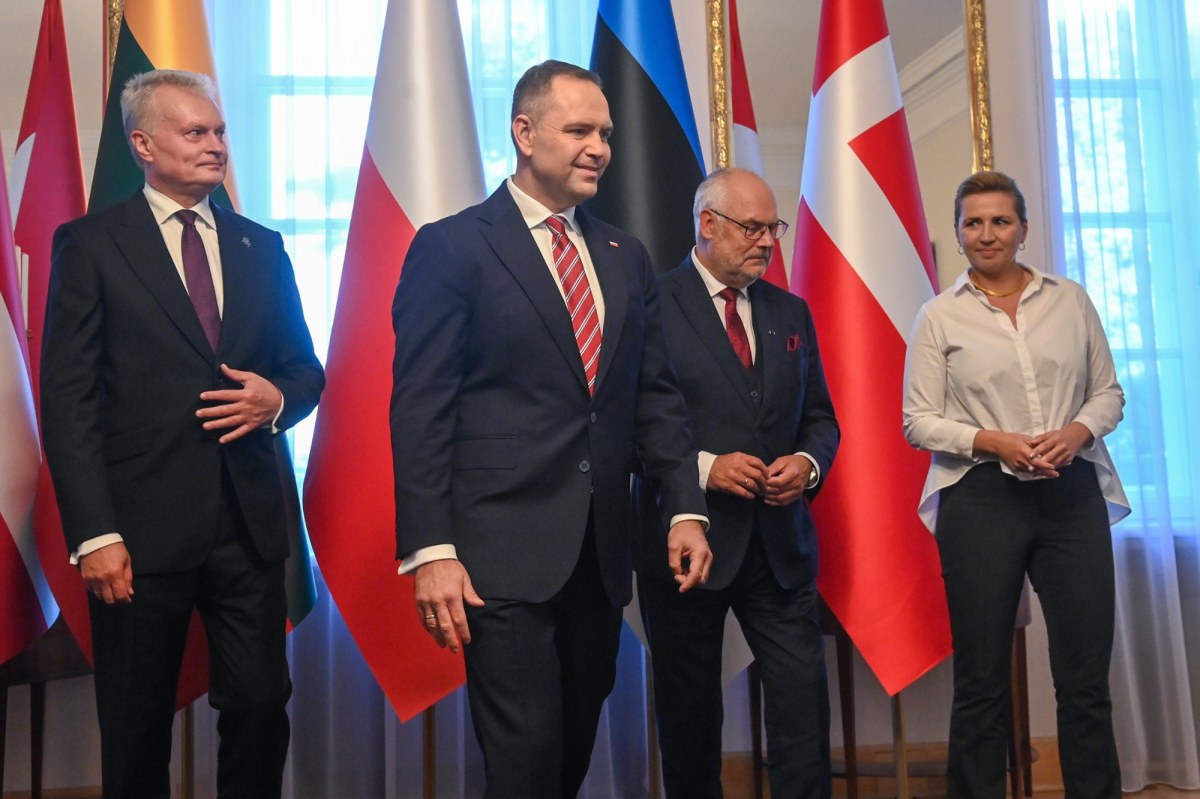
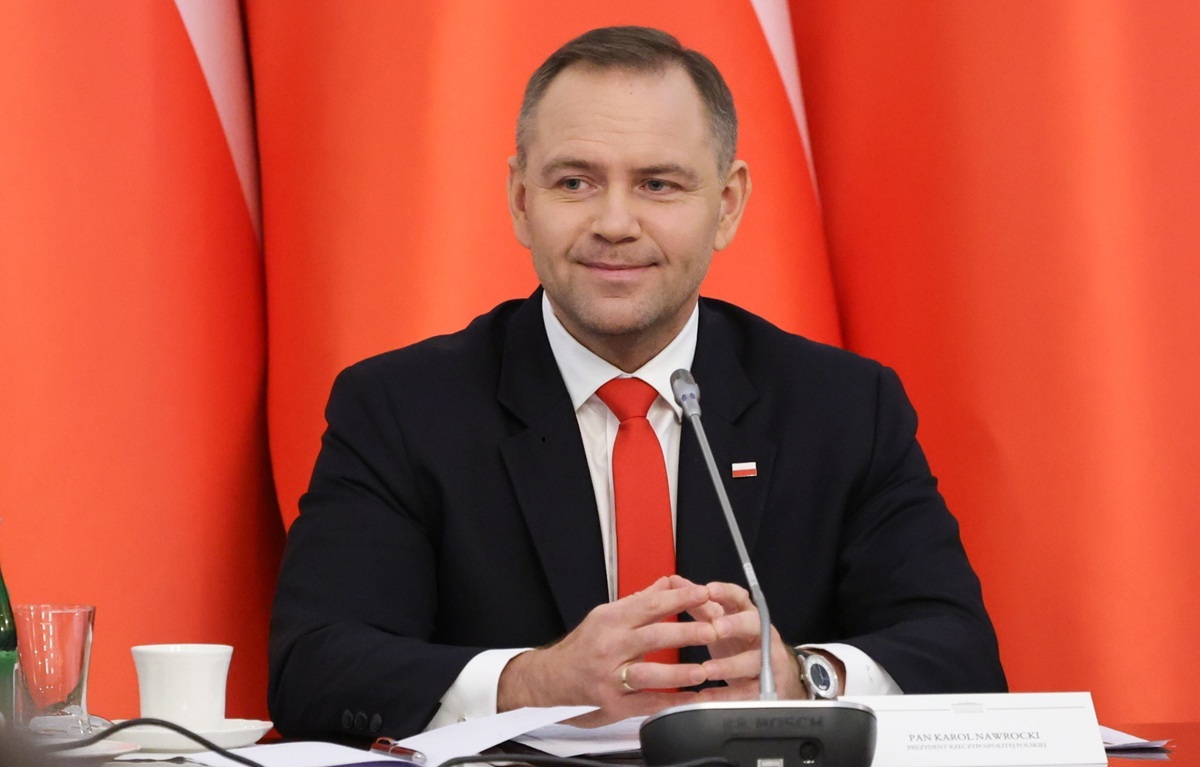
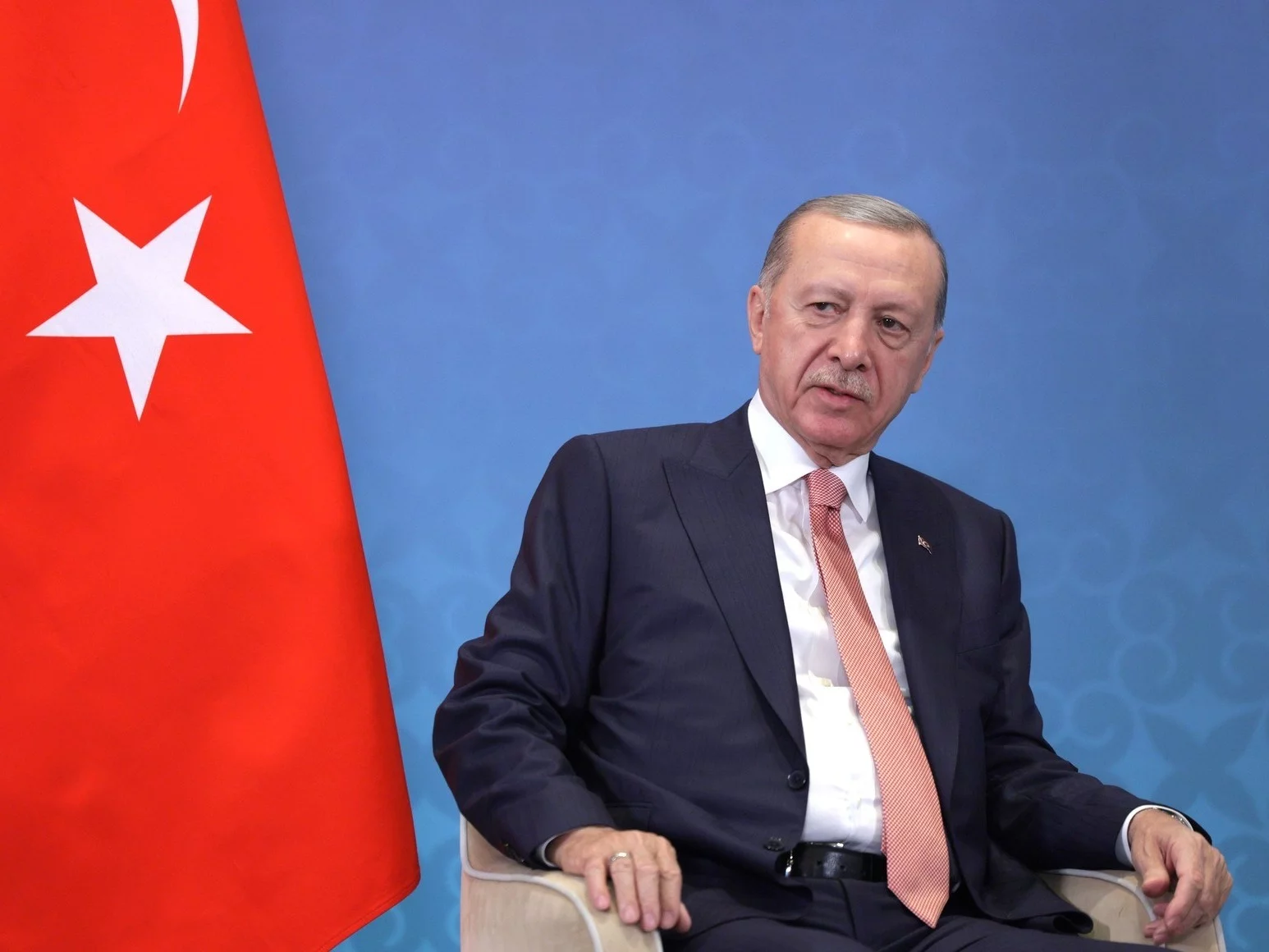




![MOPS: utrata zasiłku przez rentę wdowią [Przykład]](https://g.infor.pl/p/_files/38388000/podwyzki-38388417.jpg)




